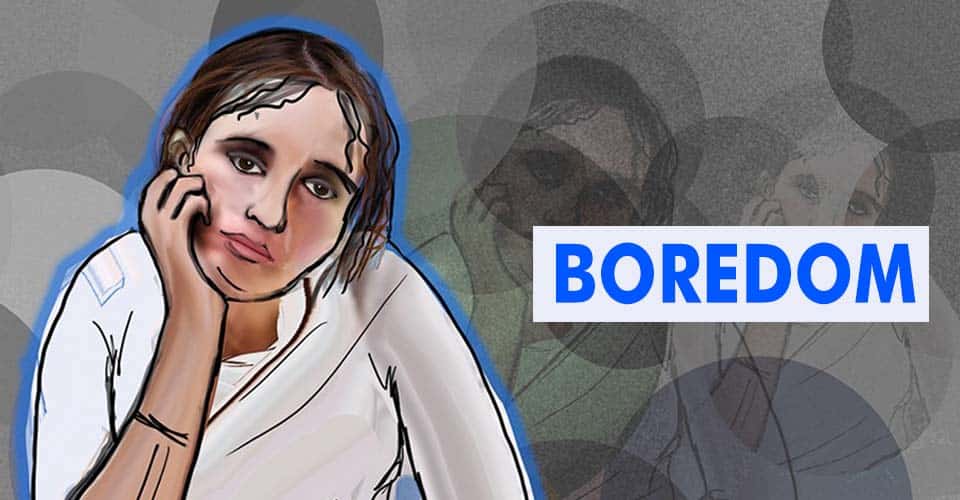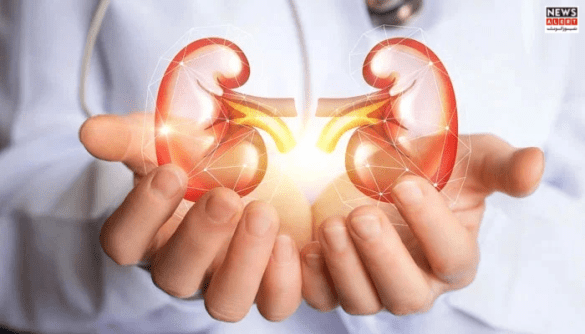Understanding the Nature of Boredom
Most people experience boredom at some point. It usually occurs when there is nothing engaging or purposeful to do. For example, a person may feel bored on a holiday afternoon when there are no plans. However, once a new activity or interest appears—such as meeting friends, watching a film, or starting a hobby—the mood improves, and the boredom fades away.
This short-lived state can be called “ordinary boredom.” It is temporary, harmless, and a normal part of life. In fact, psychologists suggest that ordinary boredom sometimes encourages creativity, as people seek new ways to occupy their time.
When Boredom Becomes a Warning Sign
However, not all boredom is the same. Experts warn that if boredom becomes chronic, deep, and coupled with a sense of meaninglessness, it may signal a mental health concern, especially depression.
Unlike temporary boredom, this type of emptiness does not vanish with casual distractions. At times, it may even be linked with patterns of overthinking that steal inner peace, further worsening mental health.
Instead, it persists for weeks or even months, interfering with daily life. People experiencing it often express feelings such as:
-
“I don’t feel like doing anything.”
-
“Nothing seems enjoyable anymore.”
-
“Life feels empty and meaningless.”
Psychologists describe this condition as anhedonia—a core symptom of depression. Anhedonia refers to the loss of interest or pleasure in activities once enjoyed, whether it is work, hobbies, or social interactions.
Impact on Daily Life
Depression-related boredom affects far more than just mood. Research shows it can influence sleep cycles, appetite, concentration, and relationships. For instance, some people may sleep excessively, while others struggle with insomnia. Eating habits may also change drastically, leading either to weight gain or weight loss.
In professional life, individuals may lose motivation, struggle with deadlines, or feel detached from colleagues. On a personal level, they may withdraw from friends and family, avoiding social interactions that once brought joy.
According to the World Health Organization (WHO), more than 280 million people worldwide suffer from depression. Persistent boredom and anhedonia are often among the first signs, making early recognition crucial.
Distinguishing Ordinary Boredom from Depression
To differentiate between normal boredom and depression-linked symptoms, mental health professionals suggest paying attention to three key factors:
-
Duration – Ordinary boredom usually lasts for hours or days. Depression-related emptiness continues for weeks or longer.
-
Intensity – Everyday boredom is mild and temporary. In depression, the feelings are heavier and accompanied by hopelessness.
-
Impact – Ordinary boredom rarely disrupts daily life. Depression interferes with sleep, work, appetite, and social relationships.
If boredom is coupled with long-lasting sadness, low self-esteem, or a consistent loss of interest in activities, it should not be dismissed as “just boredom.”
Seeking Help and Support
Mental health experts emphasize that seeking help is not a sign of weakness. Rather, it is the first step toward recovery. Talking to a qualified psychologist, psychiatrist, or counselor can provide guidance and coping strategies.
In addition, sharing feelings with a trusted friend or family member can reduce the sense of isolation that often accompanies depression. Building small daily routines—such as exercise, journaling, or mindfulness practices—may also support emotional well-being.
Importantly, individuals experiencing severe symptoms, such as thoughts of self-harm, should seek immediate professional assistance.
Conclusion
Boredom by itself is not harmful. In fact, occasional boredom is part of the human experience. But when it becomes persistent, accompanied by emptiness and a loss of joy, it may be more than boredom—it could be depression.
Recognizing the difference is vital. Ordinary boredom passes with time and activity, while depression requires support and treatment. Early intervention, professional help, and open conversations about mental health can make a significant difference.















